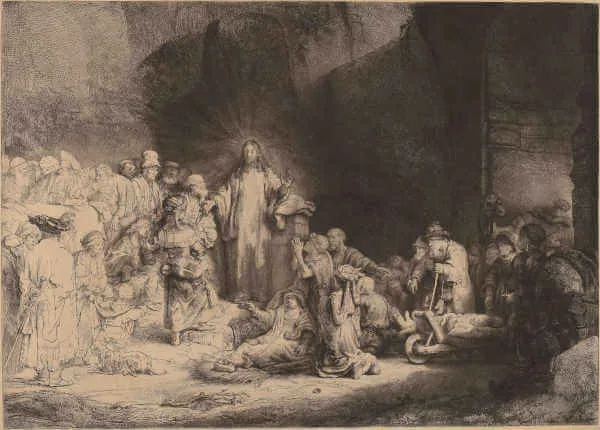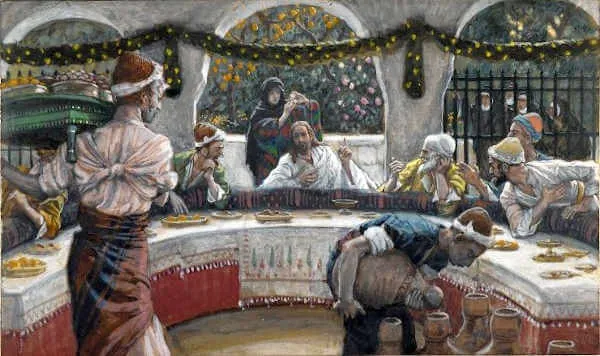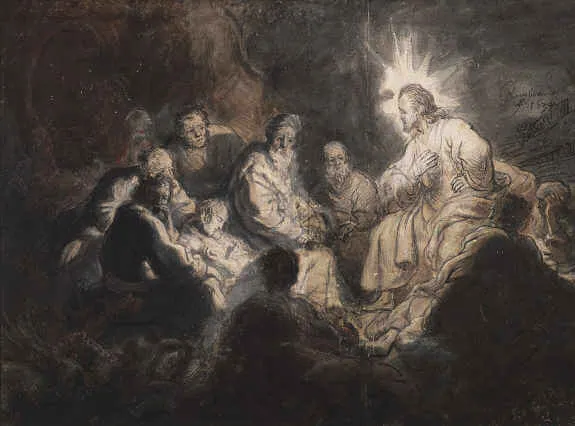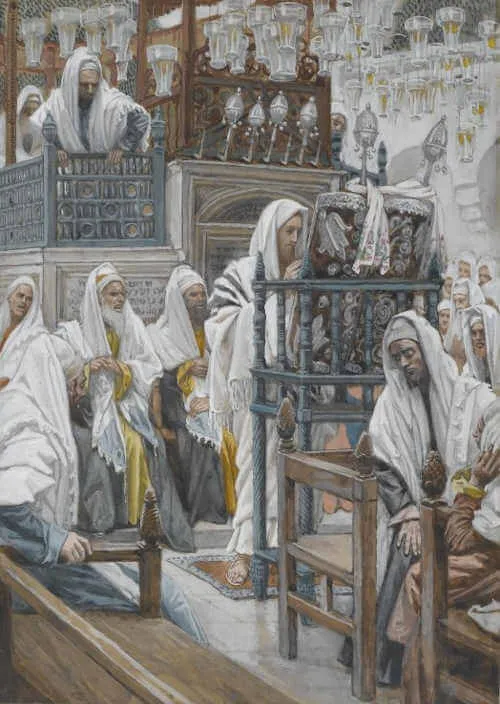Mark 7:25-26
A Gentile’s Faith
Soon a woman whose daughter had an unclean spirit heard about him. She came and fell at his feet. The woman was a Greek, a Syrophoenician by birth, and she begged him to drive the demon out of her daughter.
Reflection:
A parent’s love is powerful. And the woman in this story clearly loves her daughter. It is that love that drives this mother to seek out Jesus in the hope that He will free her daughter from the demon who possessed her. Interestingly, this woman was not of the Jewish faith. She was a Gentile, a foreigner, but her faith was very real and very deep.
When Jesus first encountered this woman, she begged Him to free her daughter from the demon. Jesus’ response was at first surprising. He said to her, “Let the children be fed first. For it is not right to take the food of the children and throw it to the dogs.” In other words, Jesus was saying that His mission was first to the people of Israel, the chosen people of the Jewish faith. They were the “children” of whom Jesus was speaking, and the Gentiles, such as this woman, were the ones referred to as “the dogs.” Jesus spoke this way to this woman not out of rudeness but because He could see her deep faith, and He wanted to give her an opportunity to manifest that faith for all to see. And so she did.
The woman responded to Jesus, “Lord, even the dogs under the table eat the children’s scraps.” Her words were not only exceptionally humble but were also based on deep faith and a deep love for her daughter. As a result, Jesus responds with generosity and immediately frees her daughter from the demon.
In our own lives, it’s easy to fall into the trap of thinking we deserve the mercy of God. We can think that we have a right to God’s grace. And even though Jesus deeply desires to pour forth His grace and mercy in superabundance on our lives, it is essential that we fully understand our unworthiness before Him. The disposition of this woman’s heart sets for us a perfect example of how we must come to our Lord.
Reflect, today, upon the beautiful example of this woman of deep faith. Prayerfully read her words over and over. Try to understand her humility, her hope, and her love for her daughter. As you do, pray that you will be able to imitate her goodness so as to share in the blessings she and her daughter received.
Source: https://catholic-daily-reflections.com/2025/02/12/a-gentiles-faith-4/













